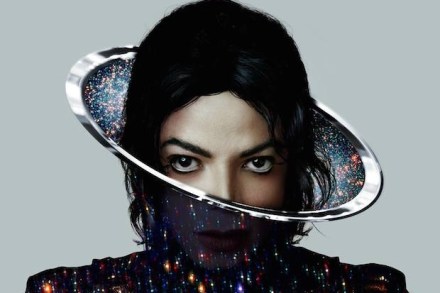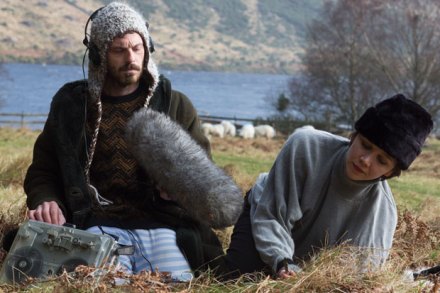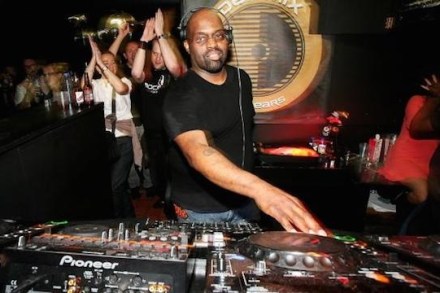I'd like to share my favourite violent pop video with you
This week has seen the Prime Minister playing Mary Whitehouse again. On Monday he announced that, as of October, music videos on sites like YouTube and Vevo are to carry age classifications similar to those already in place for feature films. You can read the subtext on his ‘deeply concerned’ brow: ‘if this is what it takes to get a majority…’ In principle, it’s hard to object too much. CDs (if anyone still buys them) carry parental guidance stickers, and a lot of comic books have a ratings system. Video games and DVDs follow the same British film classification board traffic-light system as cinema releases. Unless you take particular issue




















